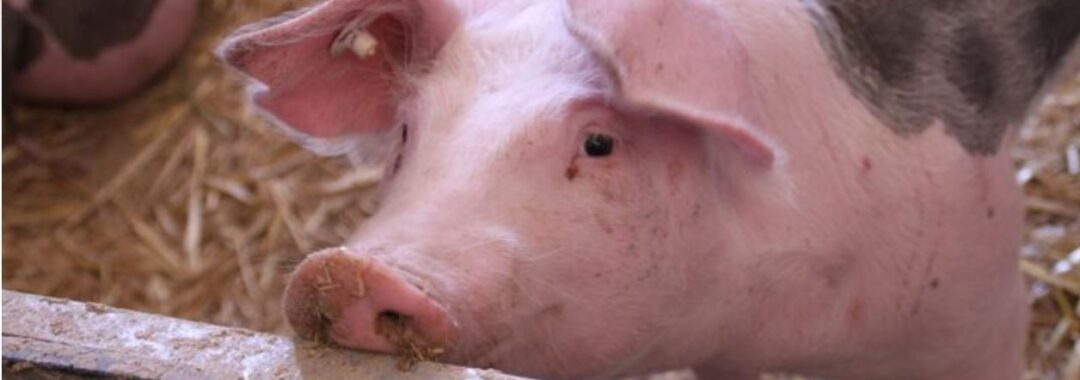Traditionally, the beginning of October is marked by two days dedicated to commemorating animals. On 2 October, in tribute to Mahatma Gandhi's birth anniversary, we celebrate "World Farm Animal Day" and on 4 October, the feast day of St. Francis of Assisi, we commemorate "World Animal Day".
Since its establishment in the 1950s, the Veterinary Research Institute, a departmental institute of the Ministry of Agriculture, has played a significant role in ensuring the health of farm animals. Its substantial contributions have been instrumental in achieving the exceptionally high health standards observed in farm animal herds. Tuberculosis, leucosis and brucellosis are infections that do not occur in our country today. In 2021, the Czech Republic was recognised as being free of infectious bovine rhinotracheitis, a viral disease affecting cattle. The significant involvement of the Institute's staff is noticeable.
However, the efforts do not end here. There are other infectious diseases that, while not associated with the declaration of emergency veterinary measures, fall under the category of production diseases because they impact the animals' health, thereby affecting their well-being, and the overall economics of the herd. In addition, they are often the reason for the administration of antibiotics, contributing to the emergence of bacterial resistance against antimicrobials. These issues range from Streptococcus suis in pigs, mastitis, or paratuberculosis in cattle, to problems related to poultry and fish farming, and bee-keeping.
The Institute's staff are engaged in activities such as developing vaccines for active immunization of animals, developing diagnostic kits, and searching for alternatives to the use of antibiotics - these efforts are aimed at addressing the challenges associated with these issues. Dr. Putzová, Head of the Institute's Centre for Technology Transfer, says: "Collaboration among scientific institutes, biotechnology companies and the industry is essential in addressing complex problems. This is the only way to effectively transfer scientific knowledge through production to the end users". The Director of the Institute, Dr. Faldyna, adds: "On this occasion, it is necessary to highlight the importance of the National Centre for Biotechnology in Veterinary Medicine (NaCeBiVet) project, in which all three aspects of this triangle have been largely connected. This enhances the Institute's capability to accomplish its mission - to improve animal health and well-being through scientific endeavours."


